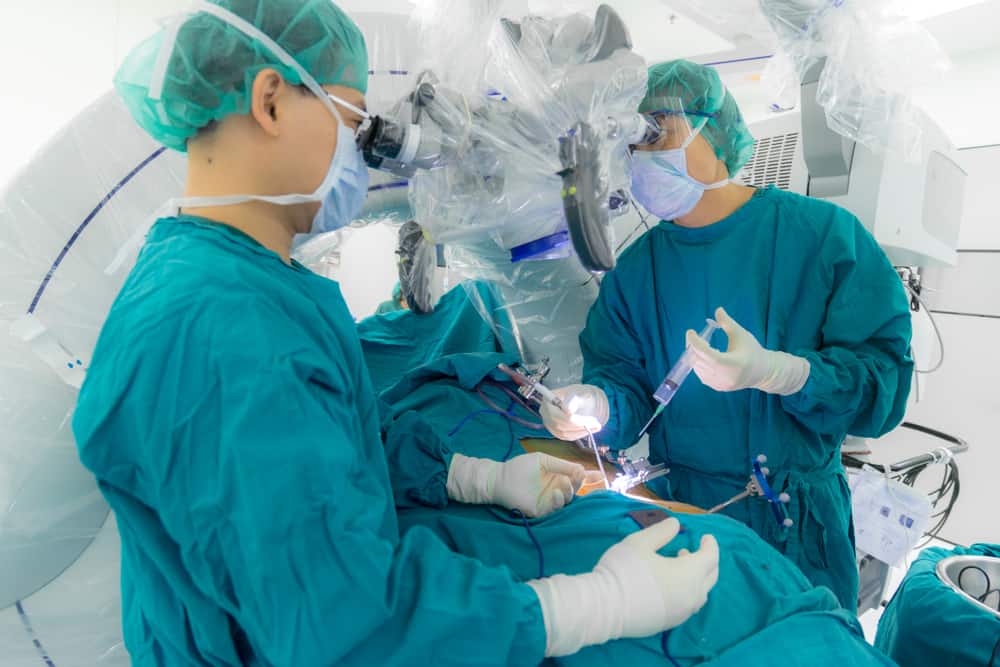Si estás pensando en consultar a un cirujano ortopédico por el dolor de tus huesos y articulaciones, es probable que ya tengas una larga lista de preguntas que hacer. La cirugía ortopédica puede devolverte la movilidad y reducir o eliminar el dolor, pero, como ocurre con cualquier intervención quirúrgica, no es algo que debas hacer sin estar bien informado.
Antes de reunirte con el cirujano, lee esta lista de preguntas frecuentes. Las respuestas pueden cubrir algunas de las preguntas que ya tenías, o pueden plantear cuestiones nuevas que te gustaría que te respondieran antes de la intervención.
Preguntas sobre el procedimiento
¿Por qué recomiendan este procedimiento?
Existen varios procedimientos ortopédicos diferentes. Tu cirujano debe ser capaz de guiarte a través del proceso quirúrgico de tu hombro dislocado, incluyendo por qué lo ha recomendado frente a otras opciones, incluidas las no quirúrgicas.
¿Qué otras opciones hay?
La cirugía puede no ser la única opción, aunque puede ser la más acertada. Pregunta por otras opciones y por los pros y los contras de cada una.
¿Cómo se realiza el procedimiento?
Un buen cirujano ortopédico te guiará a través de cada paso del procedimiento, pero puede que sigas teniendo algunas preguntas sobre los detalles. Asegúrate de hacer esas preguntas y de quedar satisfecho con la respuesta. Quizá quieras preguntar sobre los instrumentos que se utilizarán, cuánto durará la intervención y cuál será el tiempo de recuperación.
¿Cuál es el porcentaje de éxito?
Cada procedimiento tiene una tasa de éxito diferente. Muchos procedimientos ortopédicos comunes muy, muy raramente fracasan o tienen complicaciones, mientras que algunas cirugías más avanzadas o complejas pueden tener un riesgo mayor.
¿Existen procedimientos de seguimiento?
Algunas cirugías requieren procedimientos de seguimiento, sobre todo si no tienen éxito. Asegúrate de que entiendes qué otras operaciones pueden ser necesarias.
¿Qué riesgos tiene el procedimiento?
Toda intervención quirúrgica conlleva un riesgo. Muchos son menores o poco frecuentes, pero aun así pueden ocurrir. Querrás conocer los riesgos concretos o los resultados negativos de tu intervención quirúrgica.
¿Existe algún dolor asociado a este procedimiento?
Si te preocupa que haya dolor después de la intervención, no dejes de preguntar. Pregunta también sobre cualquier medicación de seguimiento, ejercicios o fisioterapia que debas hacer.
¿Cuál es el tiempo de recuperación esperado?
¿Vas a estar de baja unos días o una semana o más? Asegúrate de saberlo. Del mismo modo, asegúrate de preguntar cuándo puedes volver a tus actividades cotidianas si nadie te lo dice. Si tienes aficiones o condiciones de trabajo extenuantes, asegúrate de mencionárselas a tu cirujano.
Preguntas sobre los cirujanos ortopédicos
Además de preguntas sobre el procedimiento, puede que tengas algunas sobre los cirujanos ortopédicos.
¿En qué se diferencian de los cirujanos ordinarios?
Los cirujanos ortopédicos o especialistas son médicos de pleno derecho, pero han centrado sus estudios y formación en las afecciones que afectan a las articulaciones, huesos, músculos, tendones, nervios y ligamentos. Algunos incluso llegan a centrarse en determinadas partes del cuerpo, como el cuello, el giro o el pie y el tobillo. Otros se especializan en determinados campos, como traumatología, medicina deportiva o pediatría.
¿Cuánta formación tiene un cirujano ortopédico?
Los expertos en ortopedia han pasado por la facultad de medicina y después han realizado una residencia ortopédica y una beca de formación. En total, suelen necesitarse 14 años para completar la formación necesaria para pasar de ser un estudiante universitario de primer año a un cirujano ortopédico certificado.
Cómo encontrar el mejor cirujano ortopédico
Siempre que te sometas a una intervención quirúrgica, querrás asegurarte de contar con un cirujano experimentado en la mesa, y eso no es diferente en el caso de los procedimientos ortopédicos. Aquí, en AICA Ortopedia, contamos con un equipo de cirujanos ortopédicos certificados y experimentados dispuestos a ayudarte con cualquier procedimiento. Ponte en contacto con nosotros para obtener más información o concertar una consulta.





